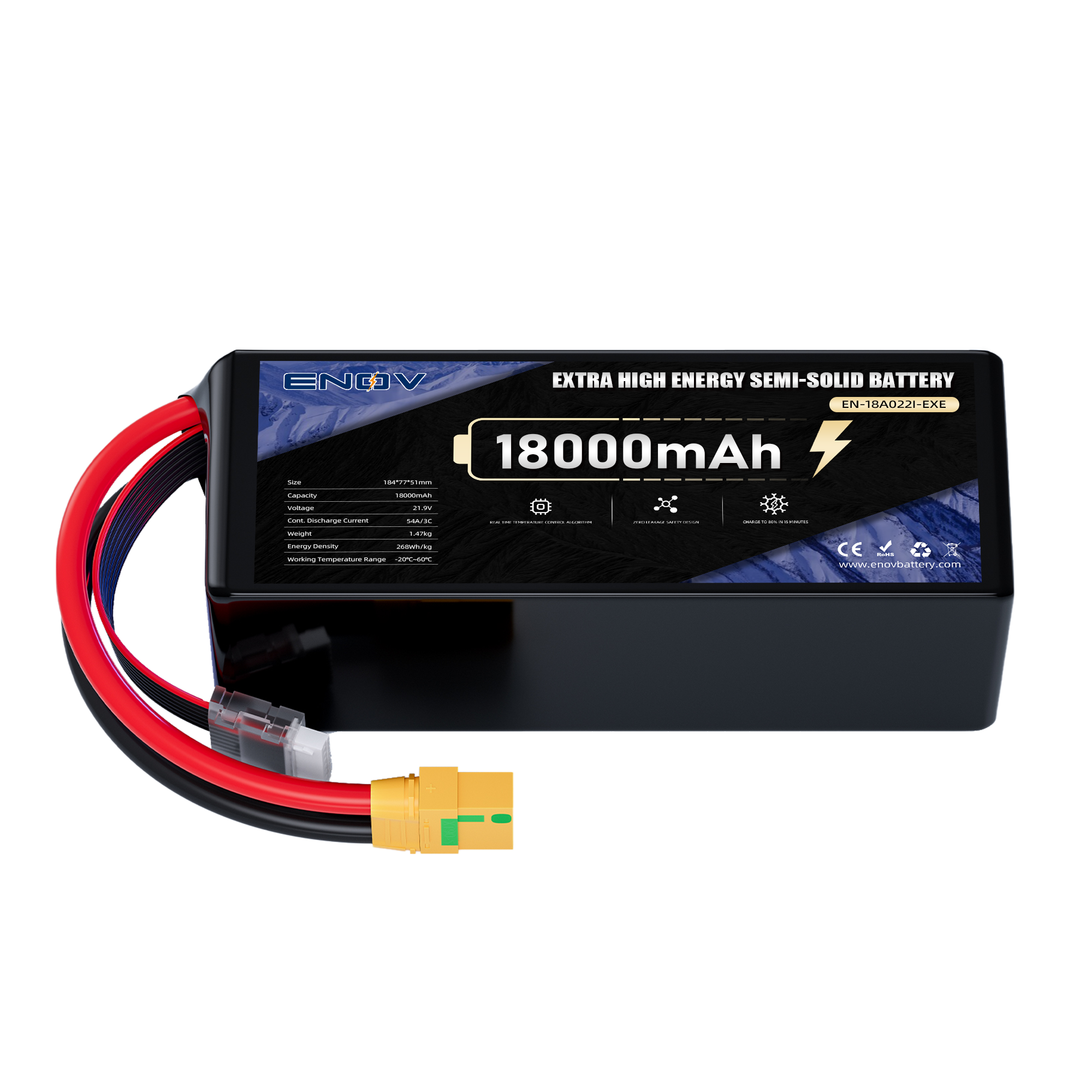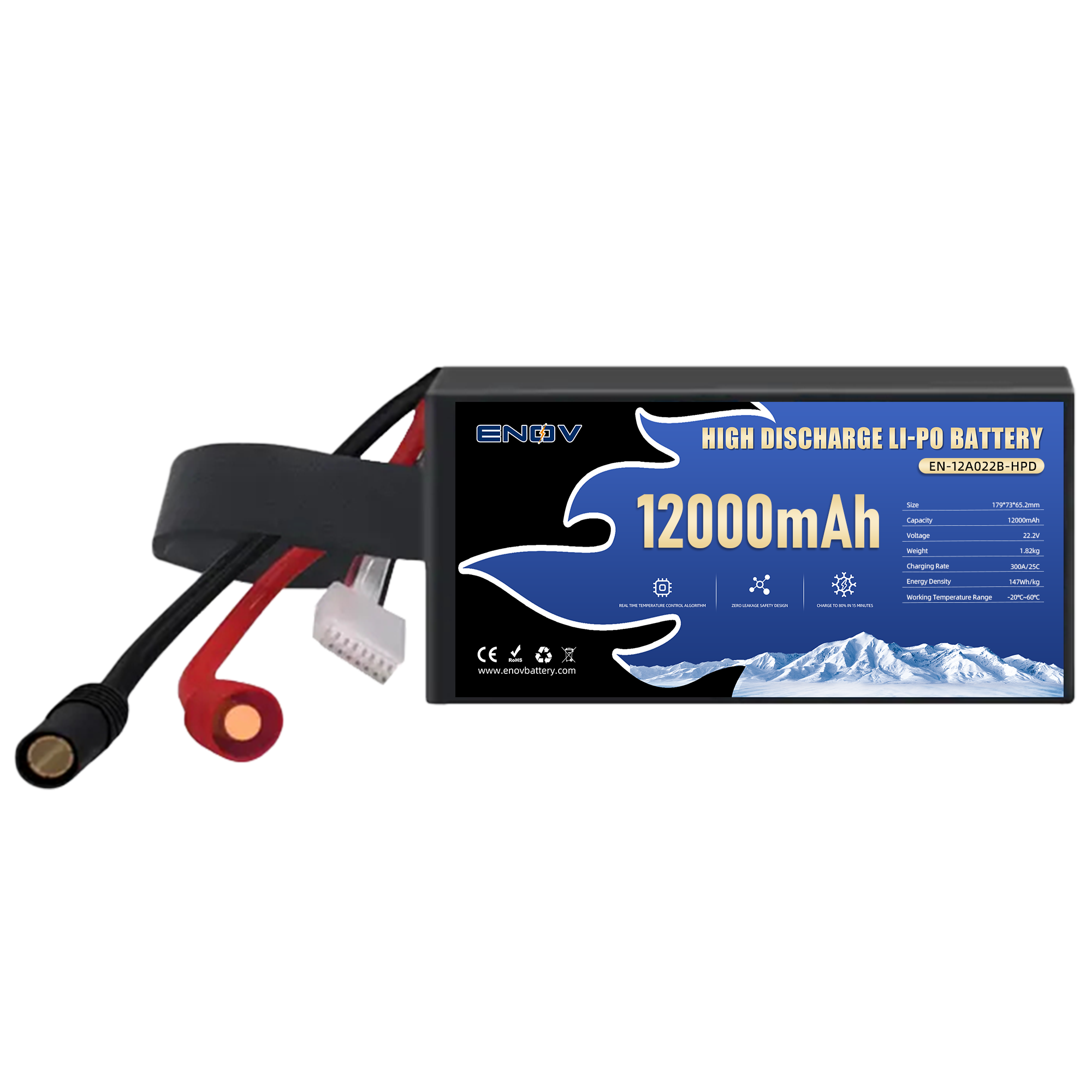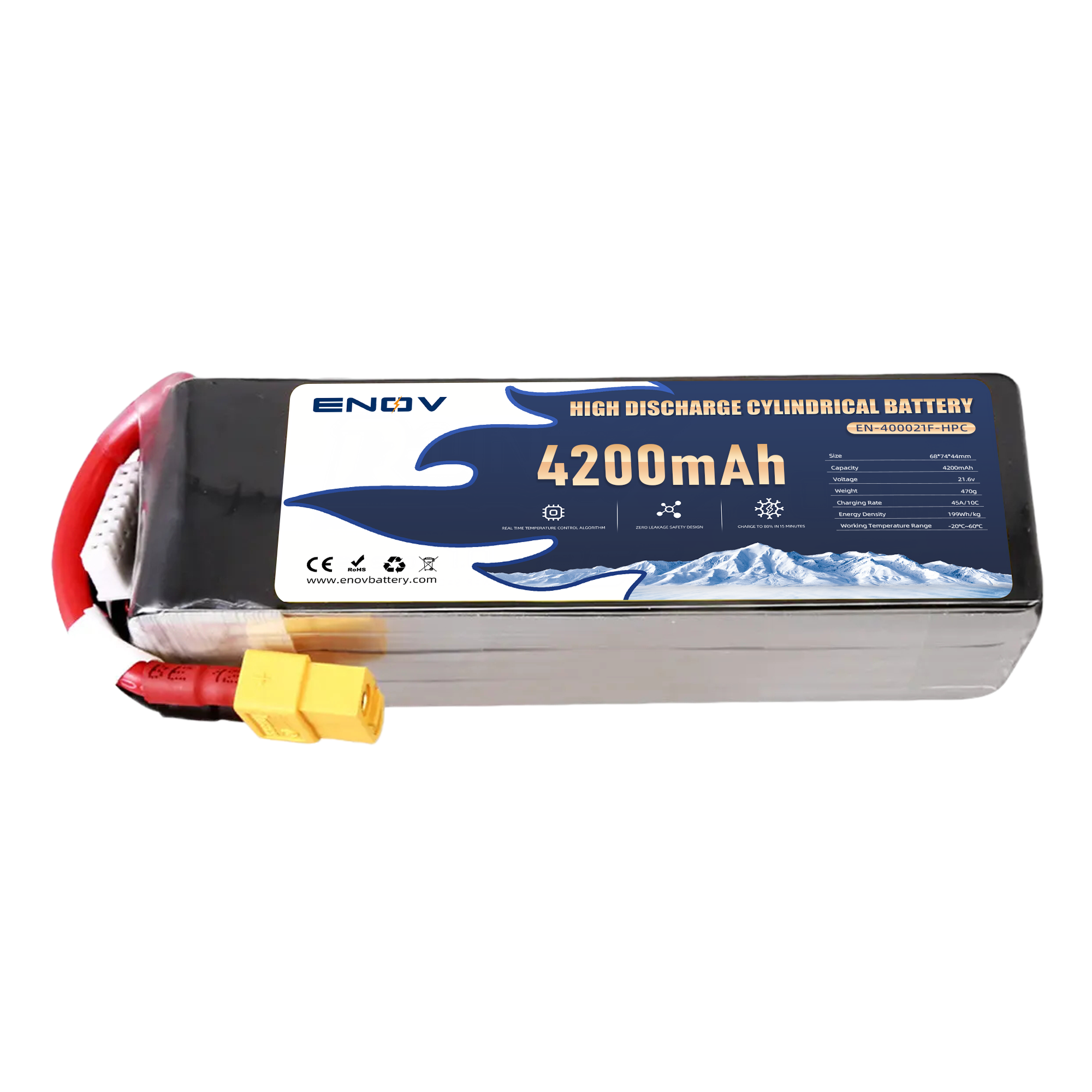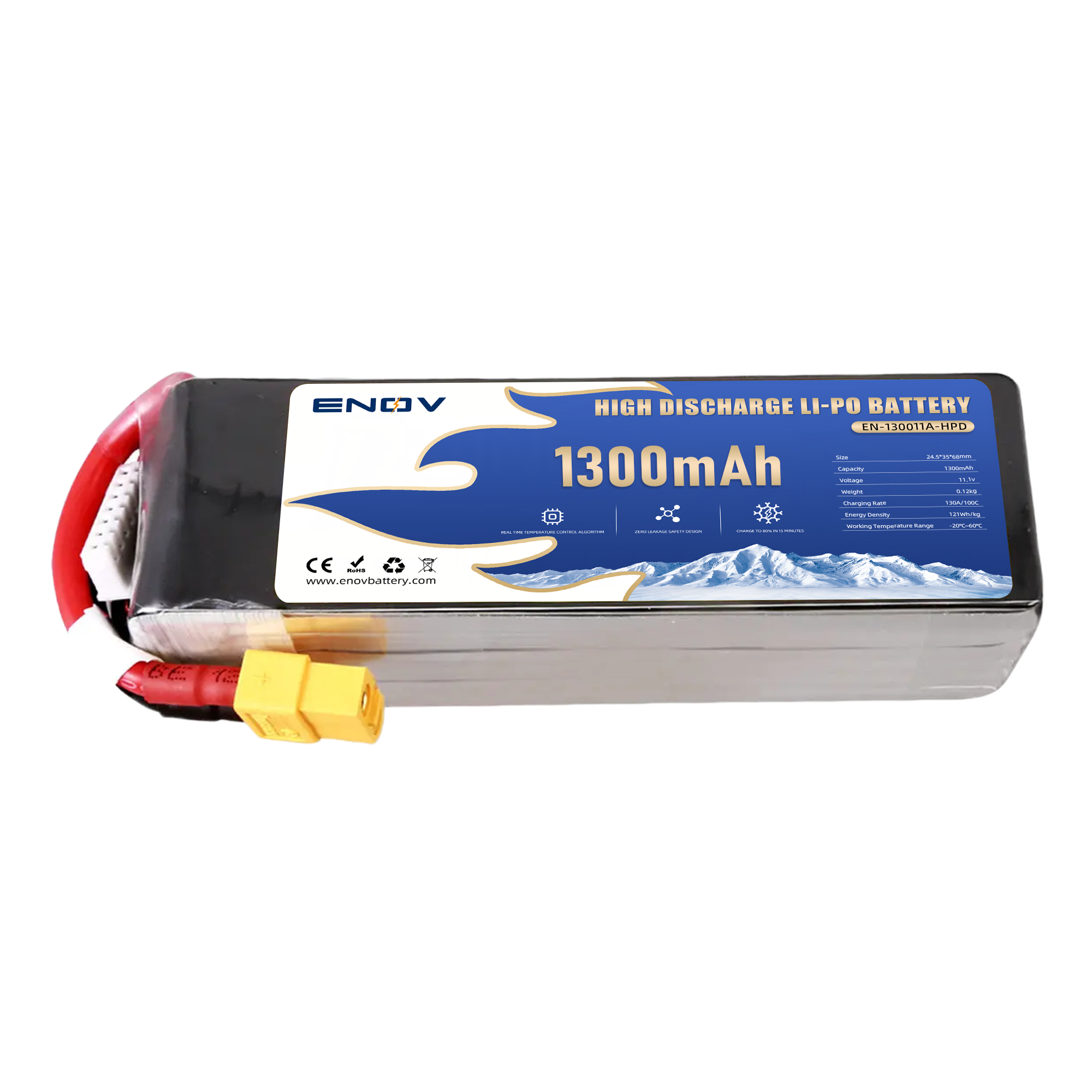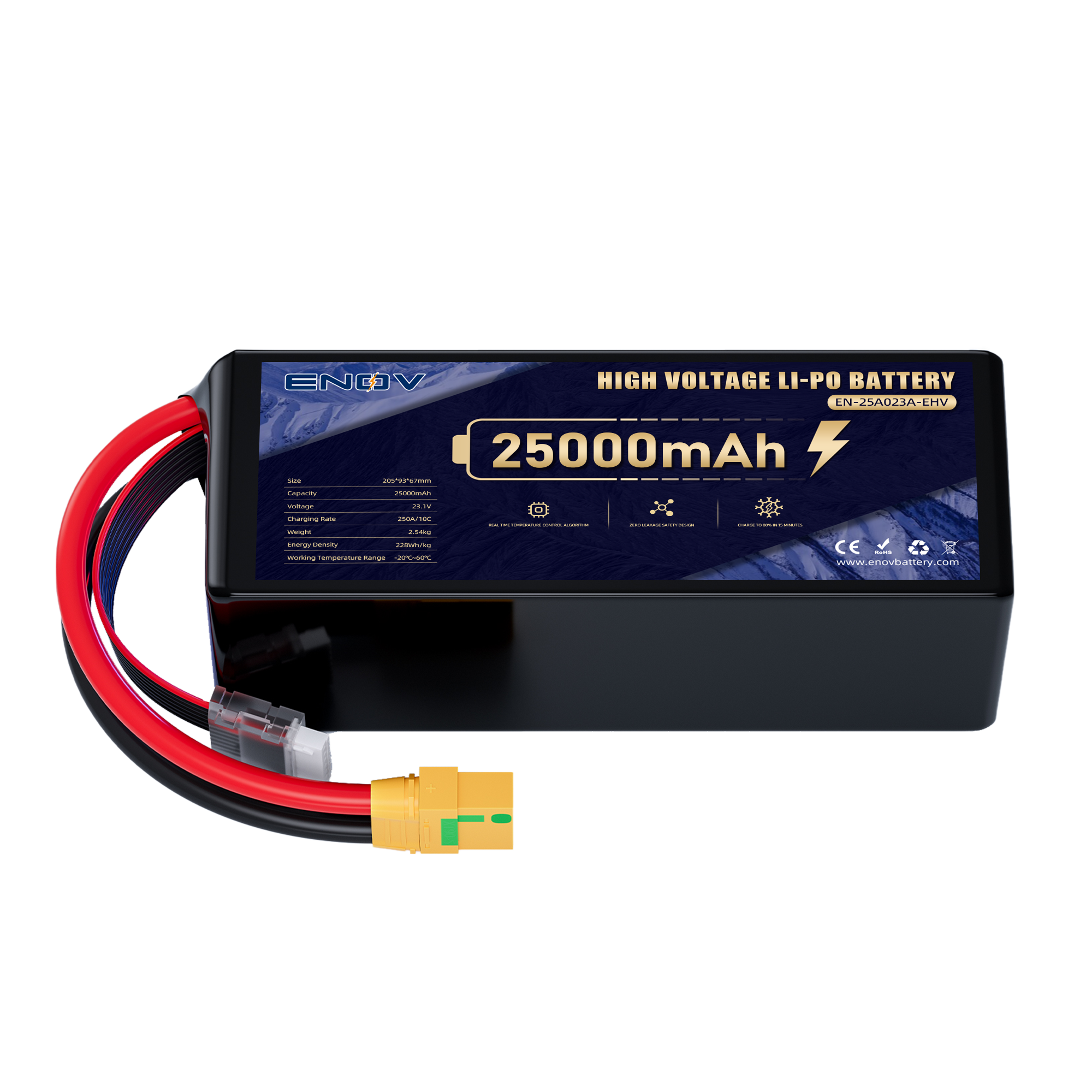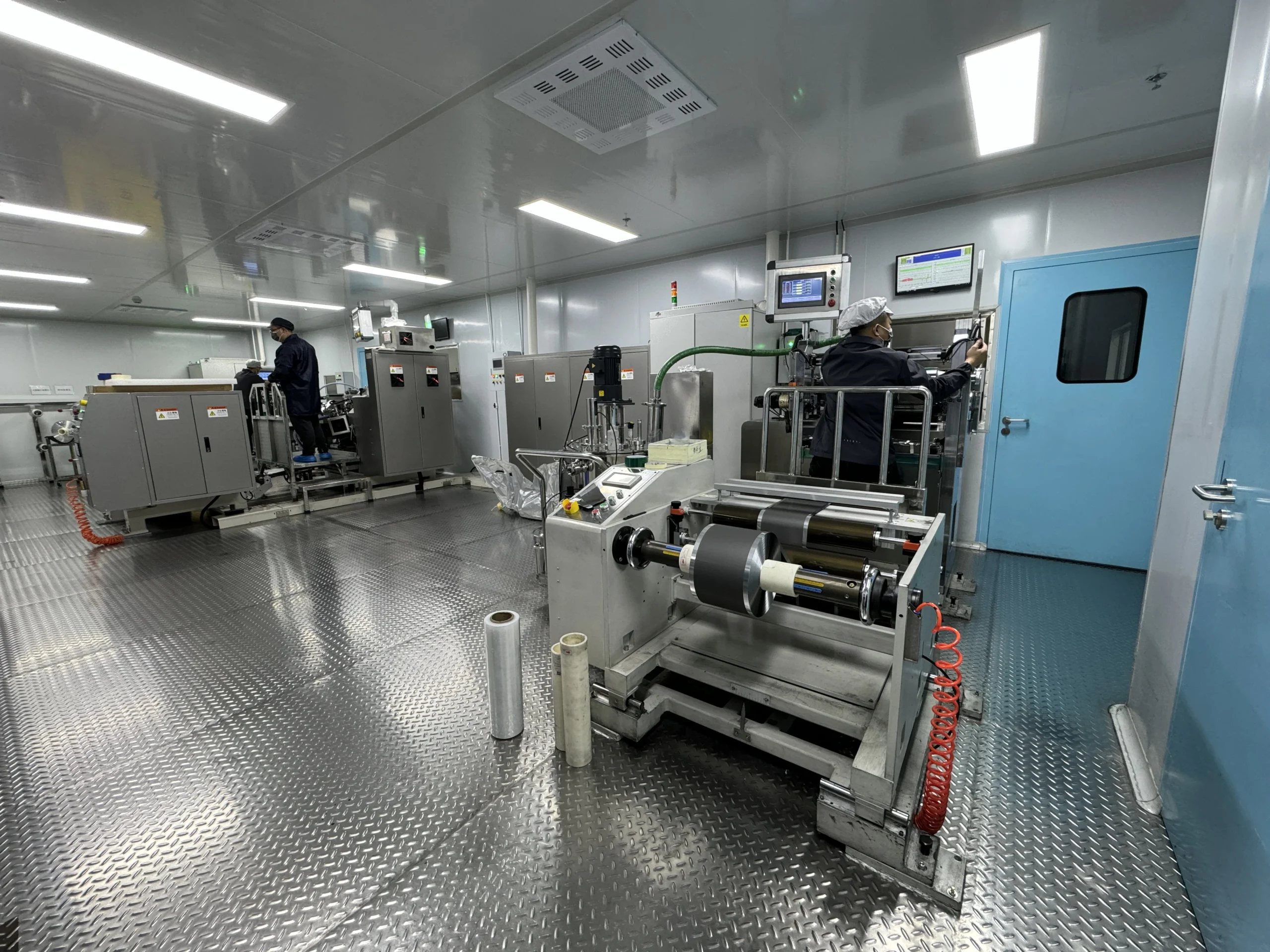Validating Intelligence and Safety:
Core Objectives of Functional Logic Testing
Validating Intelligence and Safety: Core Objectives of Functional Logic Testing
Validating intelligence and safety is critical for ensuring smart systems meet rigorous performance and compliance standards. Functional logic testing systematically evaluates embedded algorithms, user interactions, and fail-safe mechanisms to confirm systems operate as intended.
For example, autonomous vehicles undergo thousands of simulated scenarios to validate decision-making logic under unpredictable conditions. By prioritizing these objectives, industries like healthcare and manufacturing mitigate risks while fostering trust in AI-driven innovations.
thrust
1. Ensuring Algorithmic Accuracy
Functional logic testing verifies the precision of AI algorithms by simulating edge cases and stress scenarios. In robotics, companies like Boston Dynamics use iterative testing to validate balance and navigation logic, achieving 99.8% accuracy in obstacle avoidance.
Similarly, industrial IoT platforms test sensor-driven automation rules to prevent false triggers, reducing production errors by 30%. Such validation ensures intelligence aligns with real-world demands, avoiding costly malfunctions.
2. Validating User Interaction Safety
Testing user-centric interfaces guarantees safety during human-machine collaboration. For instance, collaborative robots (cobots) in assembly lines undergo force-limiting tests to ensure they halt operations upon detecting unexpected contact.
Meanwhile, medical devices like insulin pumps validate dosage calculation logic against patient data variability, minimizing overdose risks. These protocols ensure systems adapt to user behavior without compromising safety.
3. Stress-Testing Fail-Safe Mechanisms
Robust fail-safe validation identifies vulnerabilities in backup protocols during system failures. Aerospace companies like Airbus simulate power outages and sensor malfunctions to test redundancy systems, ensuring uninterrupted flight control. Likewise, smart grids validate automatic load-shifting logic during cyberattacks, preventing cascading blackouts. Proactive testing of these mechanisms strengthens resilience against worst-case scenarios.
4. Compliance with Global Safety Standards
Harmonizing functional logic testing with ISO and IEC standards ensures global interoperability. For example, automotive ADAS systems must comply with ISO 26262 for functional safety, requiring exhaustive validation of collision-avoidance algorithms. Similarly, medical AI tools adhere to IEC 62304, validating diagnostic logic against clinical guidelines. Standardized testing frameworks bridge innovation with regulatory expectations, enabling cross-market scalability.
Conclusion
Validating intelligence and safety through functional logic testing is non-negotiable for deploying reliable smart systems. By rigorously testing algorithms, user interactions, fail-safes, and compliance frameworks, industries reduce risks while accelerating innovation. These practices not only protect end-users but also solidify organizational reputations as pioneers in safe, intelligent technology. Prioritizing these core objectives today paves the way for sustainable, trustworthy advancements tomorrow.
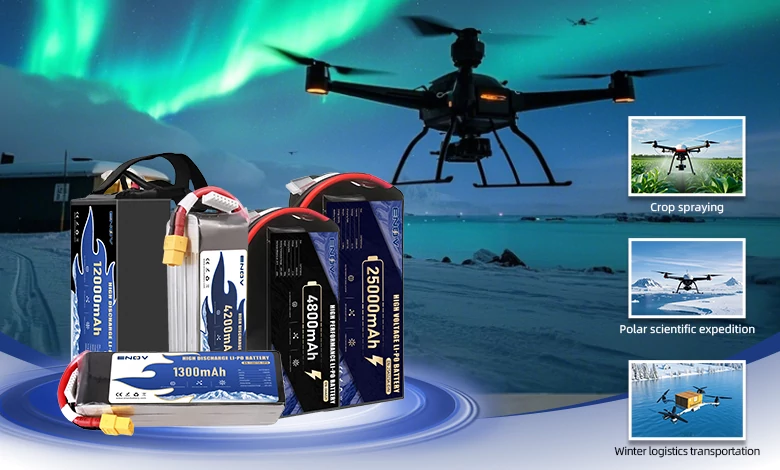
UAV DRONE battery
Enov UAV battery has the most advanced UAV battery new technology, it has a lightweight structural design, ultra-high energy density, stable continuous discharge, customized ultra-high instantaneous discharge, wide temperature working range, stable charge and discharge, battery materials can choose high nickel terpolymer positive/silicon carbon negative material system combined with semi-solid battery technology. Or choose a more mature application of more UAV lithium battery technology, available UAV battery nominal voltage 3.7V, capacity 18.0Ah ~ 30.0Ah, support 10C continuous discharge and 120C pulse discharge (3 seconds). With ultra-high energy density (220-300Wh/kg) as its core advantage, Enov UAV batteries can meet the needs of long-term endurance scenarios such as plant protection drones and transport drones, while maintaining stable emission performance in extremely low temperature environments (-40℃).
Other products
START-STOP LITHIUM BATTERY
LITHIUM ENERGY STORAGE BATTERY
QUICK INQUIRY
FAQ
Access to high frequency technical questions with one click, get accurate answers on product application, after-sales policy and customization process.
Service and Support
Get the latest product specifications, explore professional OEM/ODM customization services, click to open exclusive technical support and production solutions.
Become a Partner
We sincerely invite resources to interconnect, work together for win-win development, and immediately open a new chapter of strategic cooperation!
